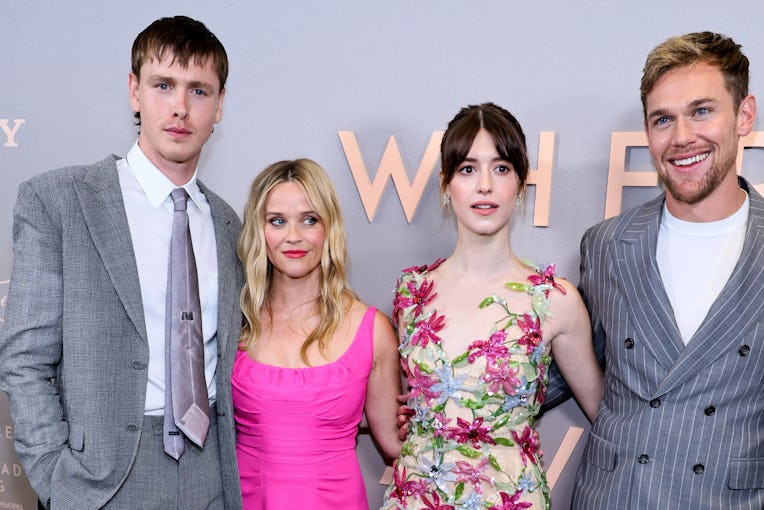Where the Crawdads Sing, the monster-hit debut novel by Delia Owens released in 2018, is not a good book. It’s a Nicholas Sparks love triangle smashed together with a surprisingly boring courtroom drama that reads like a dumbed-down version of To Kill a Mockingbird, except the primary moral is that white women are good. (It also bears unsettling similarities to a real-life murder case Owens and her ex-husband have been associated with in Zambia.)
Set in the 1960s in the marshlands of North Carolina, the novel traces the life of one Kya Clark, who grows up alone in the wild after her abusive alcoholic father abandons her as a child and who later finds herself accused of murdering her ex-boyfriend, one of the moderately wealthy elites from nearby town. Jumping back and forth between timelines, Owens slowly reveals how Kya achieves self-sufficiency in the marsh but struggles to earn the respect of her neighbors, even though she’s a total feral hottie with a rockin’ bod and long dark hair. Townspeople nickname her “Marsh Girl.”
The movie version, which premieres Friday, is better than the book, but just. Produced by Reese Witherspoon, who first unleashed Crawdads mania on the world when she picked the novel for her book club in 2018, the film streamlines some of the clunkier elements of the plot by having Kya tell her life story to her attorney, played by the typically excellent David Strathairn, in her jail cell as she awaits trial. Director Olivia Newman and screenwriter Lucy Alibar also excised one of the more annoying running narratives from the book, which is that in addition to being a self-taught naturalist and science genius, Kya is also a secret (bad) poet. That the audience did not have to hear Owens’s idea of meaningful feminst-ish poems read aloud is a blessing.
Unfortunately, the film does not overcome many of the main problems of the novel. The Black characters are so thinly drawn it’s offensive: married couple Mabel and Jumpin’, who run the general store, exist only to prop up Kya in her quest for independence. Kya herself, meanwhile, is too unbelievable to seem real, though actress Daisy Edgar-Jones gives the material her best effort. The film asks the audience to accept that this woman was 1) abandoned by her entire family as a small child, 2) survived anyway by selling mussels to Jumpin’ every morning, and 3) easily learned to read as a teenager, despite the fact that she only ever attended school for one day.
Somewhere in there, she falls in love with her reading teacher, a local boy named Tate, publishes a lucrative series of nature books thanks to her newfound literacy, pays the back taxes on her dad’s shack and renovates the kitchen, and possibly murders her next boyfriend, Chase, by pushing him off a fire tower. In all the time she spends alone as a child, a social services officer comes by just once, and she easily evades him. Her hair, meanwhile, remains perfectly styled, despite the fact that she does not have running water.
Like the novel, the film can’t decide whether it wants to be a romance or a murder mystery, so the audience gets the most formulaic elements of each genre. Occasionally, this makes for jarring transitions, like when (spoiler alert) the jury declares Kya innocent of Chase’s murder, and she proceeds to have sex with Tate for the first time in the very next scene. Hot!
The marsh, at least, is nice to look at — the film was shot on location in and around New Orleans and Houma, Louisiana. I spent most of the two-hour slog admiring Edgar-Jones’s easy-breezy ’60s costumes, though it did seem unrealistic that a poor marsh girl would have so many cute wardrobe options. I also liked her blush, which looked to me to be Glossier’s Cloud Paint.
But beyond these scenes of a gorgeous actress running barefoot through the marsh, the film is boring, predictable, and too long. There is a twist at the end, of course. I won’t reveal it here, in case for some lucky reason you haven’t read the book but want to spend your Friday night soaking up this idiotic white lady fantasia. Or you could just Google it.
